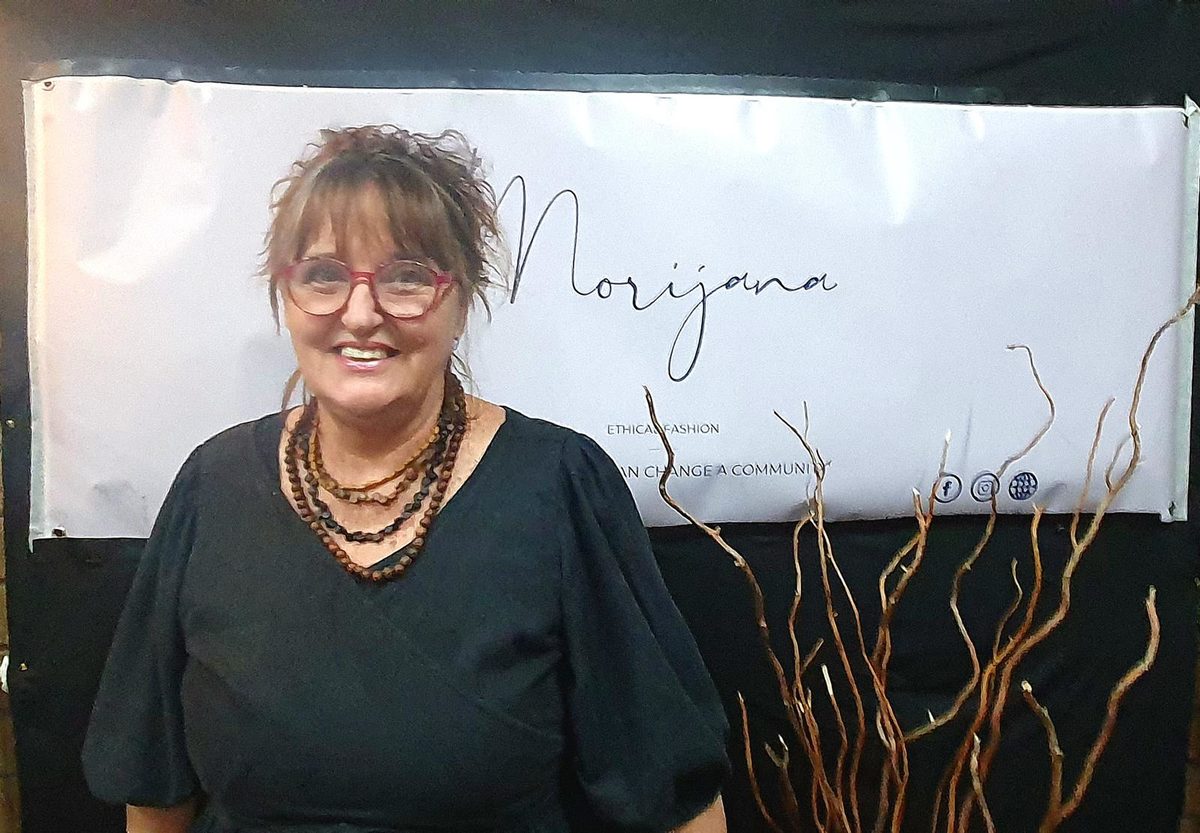The Blues Train is running out of puff
THE Blues Train operator Hugo Armstrong is in the middle of a ‘’nightmare you don’t wake up from’’ as he struggles to keep his business afloat during forced hibernation as a result of the COVID-19 pandemic.
With no income since March, and monthly expenses nudging $12,000, the brains behind one of the Bellarine Peninsula and Victoria’s most famous and long-running tourist attractions recently launched a GoFundMe campaign in a desperate fight for survival.
That campaign has so far raised more than $23,500 with a target of $75,000, but Mr Armstrong says it’s time for all levels of government to do more to help save his and other major tourist attractions, who have lost 100 per cent of income, before they are likely wiped off the map for good.
“We ran our last train on March 14 and it costs about $12,000 every month just to pay the bills – rent, utilities, IT services, communications, equipment, superannuation, work cover, professional fees, web hosting, vehicle registration, insurance,’’ he said.
“If you let all that stuff die; websites, social media… think of the alternative. ‘How would I start a business now?’ It would be so much harder now than decades ago.
“Once you lose accreditation, that’s it. We had no handbook when we started The Blues Train 26 years ago. There’s hibernation, or dead on arrival.’’
Despite some state government assistance and vigilant grants applications, the bank account is almost dry.
JobKeeper has helped sustain Mr Armstrong and his small loyal crew through the coronavirus crisis, and there was a glimmer of hope in June that The Blues Train would return, only to be quickly quashed by the second wave and further restrictions.
He says of the 200 people who would visit the Bellarine Railway and travel on The Blues Train each week between Queenscliff and Drysdale from August to May every year, 80 per cent would stay for one or two nights.
Their absence punches a huge hole in the local economy.
“I’ve got them (on the train) for five hours – the towns have them for two days. They book accommodation. Spend money. They buy fish and chips, go to the pub, visit wineries, and have dinner.
“It’s a one-way income stream. It costs the councils nothing.
“Because of the second wave, it’s now time for councils, state and federal governments to decide which businesses in tourism and entertainment are worth saving.
“I can prove I’m sustainable. I’ve kept up engagement. Once it’s gone…
“I’ve had letters of support from all local politicians – Christine Couzens, Richard Marles, Sarah Henderson, Lisa Neville, Libby Coker. They all know the position we are in.’’
No Blues Train also means a hit to local food and beverage producers and suppliers, who Mr Armstrong said had overwhelmed him with support since March, helping him move unused stock and offering moral support.
“They’ve been terrific and all have said to me: ‘If we don’t help you now, who are we going to sell to in the future?’.”
Goodwill is one thing, but reality is another, and there are no guarantees for Australia’s longest running blues music venue.
“People and the artists have been incredibly generous through the GoFundMe campaign. If people can’t donate money and someone is experiencing hardship they can help by sharing our message on social media or write a review on Tripadvisor.
“We’ve got a long way to go and a short time to get there. I can’t guarantee 100 per cent we’ll make it through.
“We can no longer do this alone. We need monetary support to make sure The Blues Train sees it through the remainder of 2020 extending a foreseeable chance of a return to the rails in 2021.’’
If you would like to make a donation, head to gofundme.com


















